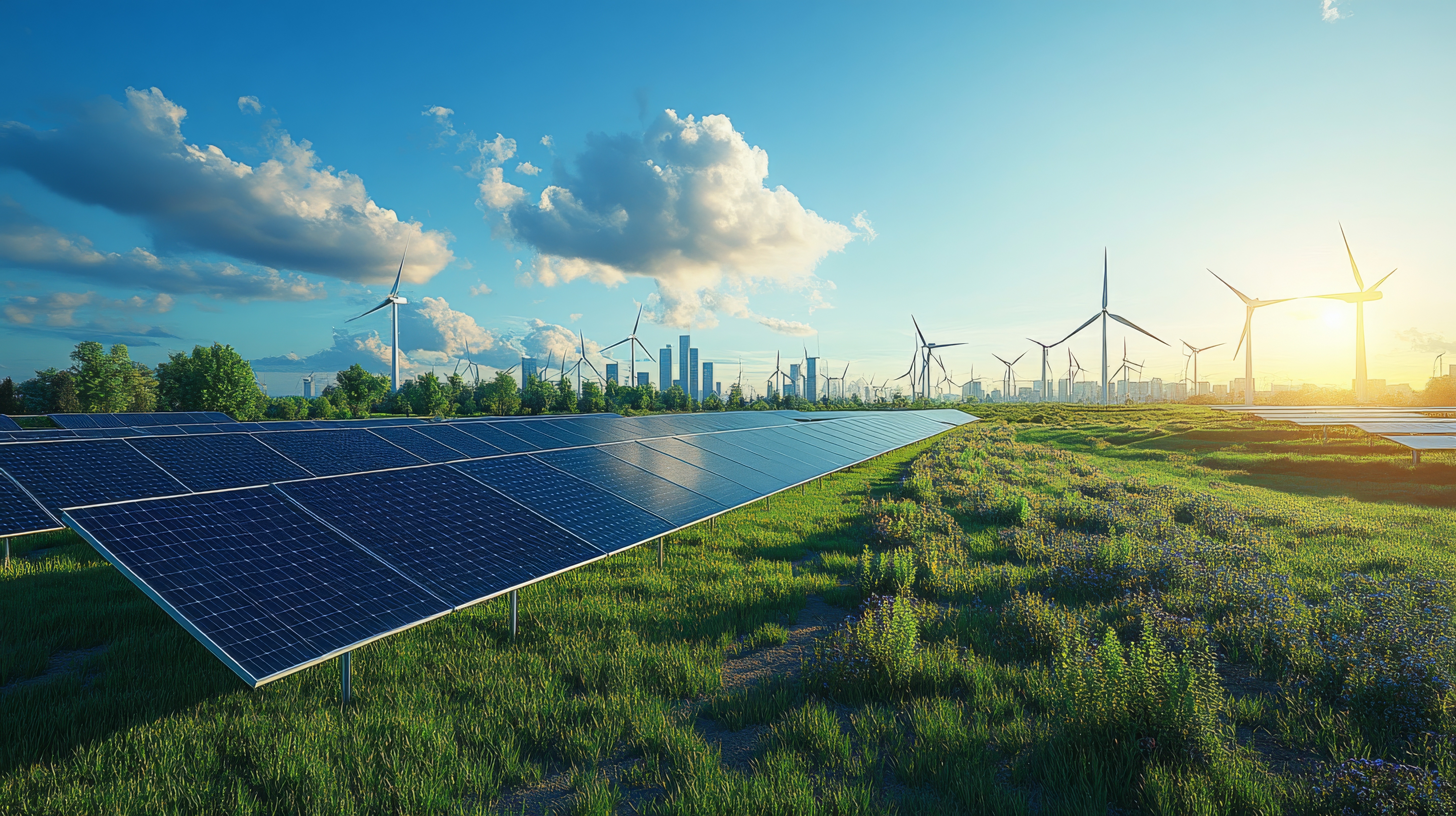International project to support Australia’s transition to clean energy with next-gen electrolysers

Swinburne researchers are part of an international team is developing new electrolysers to support Australia’s transition to clean energy.
In summary
- Swinburne is part of an international team building new electrolysers to support Australia’s transition to clean energy
- Associate Professor Rosalie Hocking and Associate Professor Andrew Ang are key in positioning the country as a leader in the global energy transition
- The project will strengthen Australia’s capability in domestic manufacturing for renewable technologies
An international team is developing new electrolysers to support Australia’s transition to clean energy.
Led by Swinburne University of Technology researchers Associate Professor Rosalie Hocking and Associate Professor Andrew Ang, the project will strengthen Australia’s capability in domestic manufacturing for renewable technologies, positioning the country as a leader in the global energy transition.
"This grant enables us to tackle key challenges in scaling up electrolysers by innovating catalyst design and electrode manufacturing, advancing CO₂ reduction technologies for a sustainable energy future,” says Associate Professor Hocking.
Hydrogen electrolysers enable the production of clean hydrogen from water using renewable electricity. This process provides a high-energy, low-emission alternative for sectors that are challenging to electrify, such as heavy transport and industrial processing.
By 2050, CSIRO predicts that manufacturing of hydrogen electrolysers industry could generate $1.7 billion in revenue and 4,000 jobs, plus $1.2 billion and 1,000 jobs from installation services. Associate Professor Ang says a key part of making this a reality is reducing costs.
“The cost of manufacturing is often overlooked in new technologies despite being a critical consideration in any scalable technology.”
“By scaling up these cutting-edge electrode systems, the project will contribute to the development of next-generation electrolysers that support Australia’s transition to clean energy.”
The international collaboration between Swinburne’s Chemistry and Mechanical Engineering team and Rajamangala University of Technology Phra Nakhon (RMUTP) in Thailand will examine innovative ways to fabricate catalysts materials and Australia’s capacity to scale those technologies.
This project aims to develop innovative copper oxide (CuOx) and multimetal oxide catalyst systems for the production of value-added C2+ products, such as hydrocarbons and syngas, using renewable energy in proton exchange membrane (PEM) electrolysers.
By advancing catalyst design and optimising manufacturing techniques, the project addresses key challenges related to cost and scalability in the deployment of hydrogen production technologies.
Associate Professor Hocking says that international partnerships are essential for building Australia’s science and research capabilities.
“Employing innovative techniques like thermal spray will help position Australia as a global leader in renewable technology development.”
-
Media Enquiries
Related articles
-

- Student News
- Science
- Sustainability
Introducing tomorrow’s global science communicators
Start Talking is Swinburne’s unique video-based public speaking competition, exclusively for undergraduate students
Monday 08 December 2025 -

- Astronomy
- Technology
- Health
- Science
- University
- Sustainability
- Engineering
Swinburne highly cited researchers reach the top in 12 fields
Ten Swinburne academics have been named on the Highly Cited Researchers 2025 list, released by Clarivate
Tuesday 02 December 2025 -

- Science
- Engineering
Swinburne secures grant to advance next-generation metamaterials research
Swinburne physicist Dr Weibai Li has received a Discovery Early Career Researcher Award from the Australian Research Council
Tuesday 02 December 2025 -

- Technology
- Health
- Science
- University
$1.2m ARC funding to boost national X-ray spectroscopy capability through Swinburne and QUT partnership
Swinburne has secured $1.2 million in the latest Australian Research Council Linkage Infrastructure, Equipment and Facilities scheme round
Tuesday 02 December 2025 -

- Sustainability
Swinburne achieves carbon neutral certification
Swinburne has reached a major milestone in our sustainability journey - we are officially certified as carbon neutralThursday 20 November 2025

